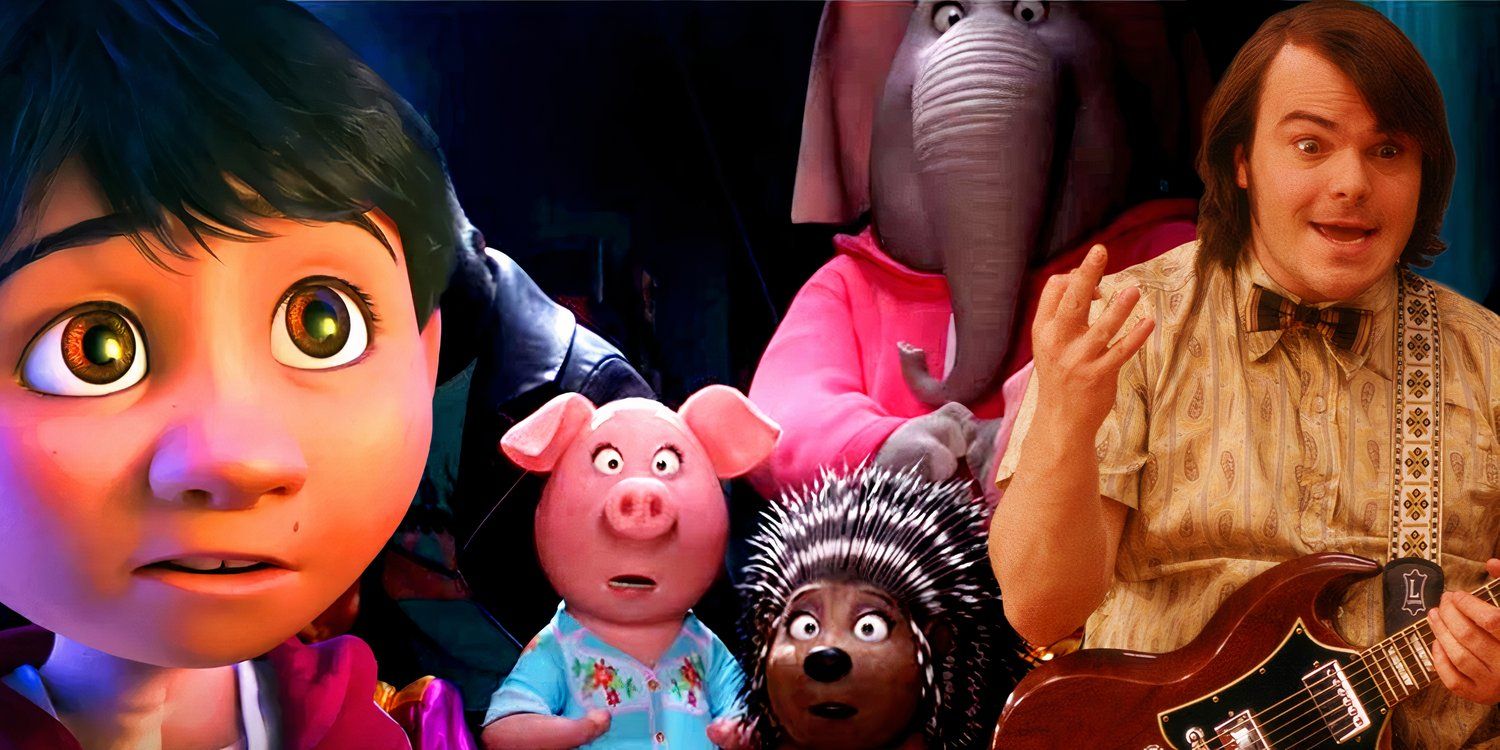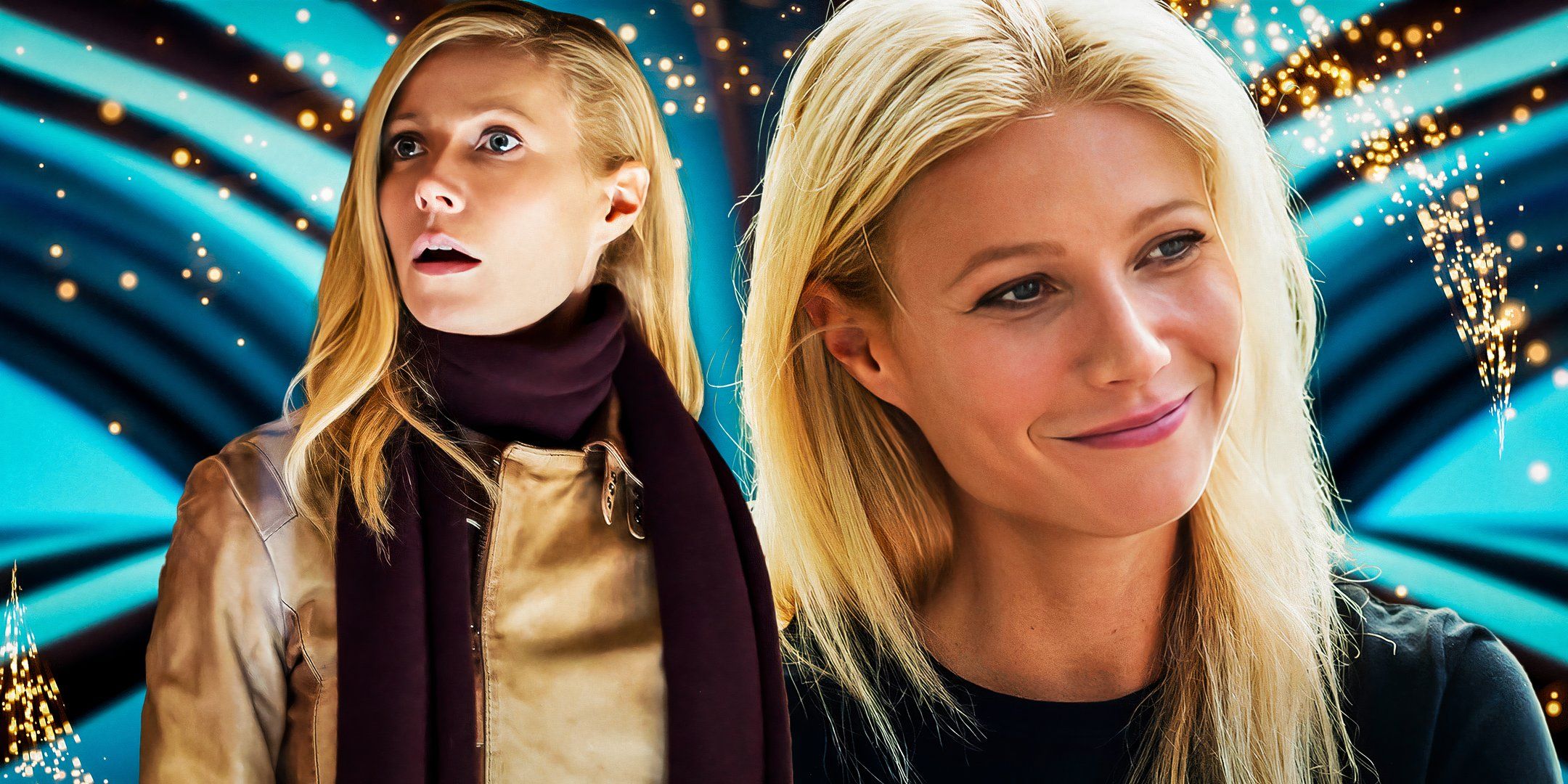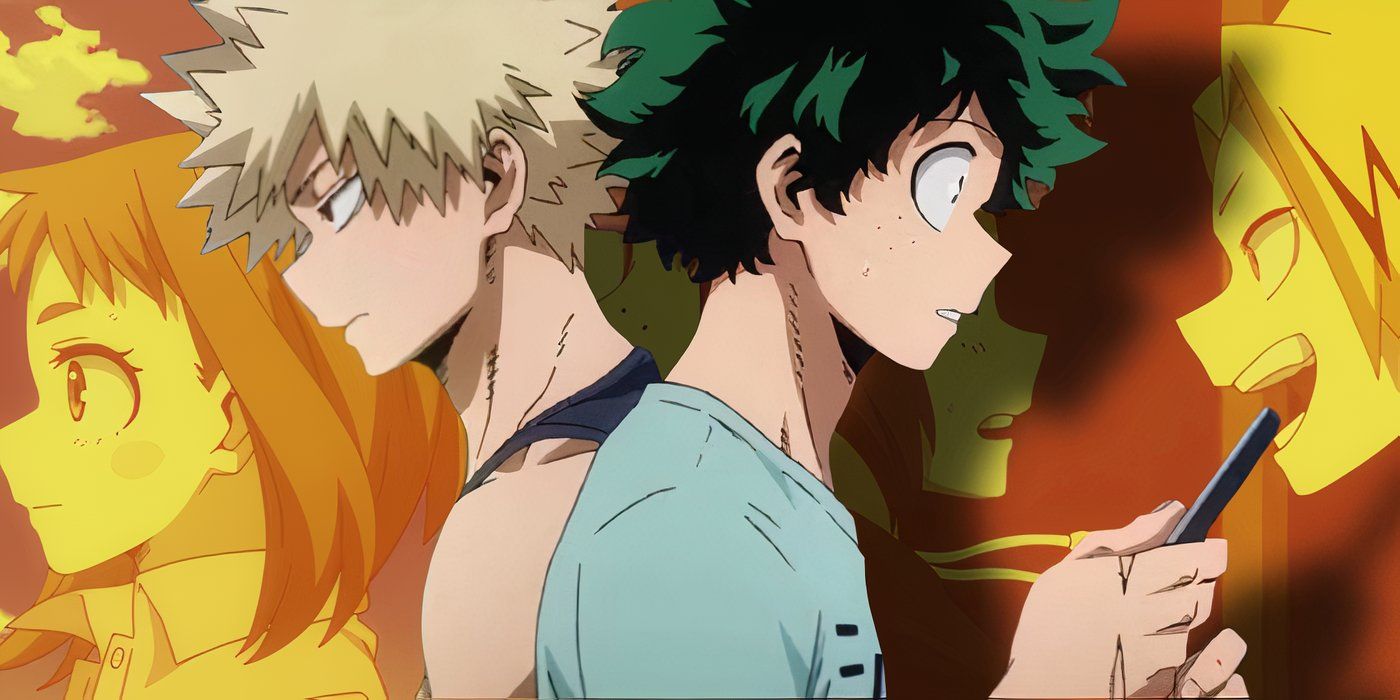“The Seed of the Sacred Fig” director Mohammad Rasoulof has shared new details of his upcoming animated feature, telling Variety that the project will span the life of absurdist Iranian playwright Abbas Nalbandian, beginning a decade before the Iranian Revolution and covering the country’s turn until the playwright’s death a decade later.
With this upcoming project, Rasoulof wants to focus on three pivotal decades in modern Iranian history – a period he feels he can only properly evoke with a more stylized filmmaking form.
“Just before the revolution, all Iranians saw the face of Ayatollah Khomeini in the moon,” Rasoulof says. “Everyone in the country looked up and shared in this kind of collective hallucination – and that’s something you can only show in animation.”
Of course, animation is also a method to get the filmmaker-in-exile back onto the streets of Tehran. Indeed, now based in Germany, and speaking with Variety from the Marrakech Film Festival, the fugitive filmmaker has no immediate plans to return to his native Iran – but he won’t stop telling stories from his home country.
“I’m an Iranian director,” says Rasoulof. “I’m inspired and nurtured by my community, by the society that I love and know well, and by my language.”
As he carves out a new path in exile, the filmmaker will take inspiration from recent films of the Persian diaspora, looking toward to Farsi-language titles like Ali Abbasi’s “Holy Spider” (shot in Jordan) and Matthew Rankin’s “Universal Language” (shot in Canada, and representing that country as its International Feature Oscar selection this year), while pooling talent and themes from a more global community.
“We are also a very large community living abroad,” says Rasoulof. “So this will be my new field of investigation and imagination.”
The filmmaker has worked in a similar manner before, shooting much of his Cannes-acclaimed 2013 film “Manuscripts Don’t Burn” in Europe. As in the clandestine methods he adopted for “The Seed of the Sacred Fig,” the filmmaker mostly made that choice to avoid government detection. And if, on paper, he is now somewhat freer in his movements, he nevertheless feels ever more constrained.
“Being in Europe, cut from [my community] is a limitation and a restriction in itself,” he says. “Not being nurtured by an environment while pretending you’re still a part of it is a challenge, but I know it’s possible, and I’ll give myself some time and distance to let a new idea take hold and push me to explore new methods to deal with those new restrictions. I’ll find a way.”









 English (US) ·
English (US) ·